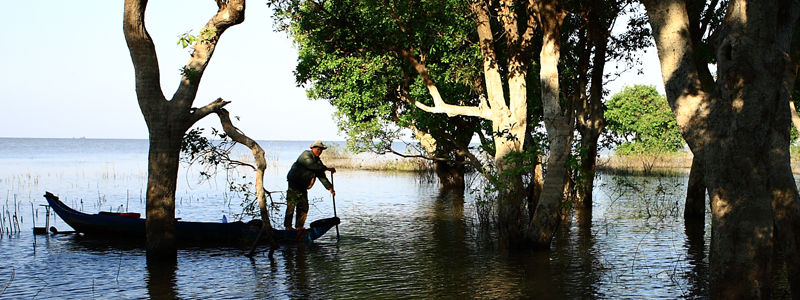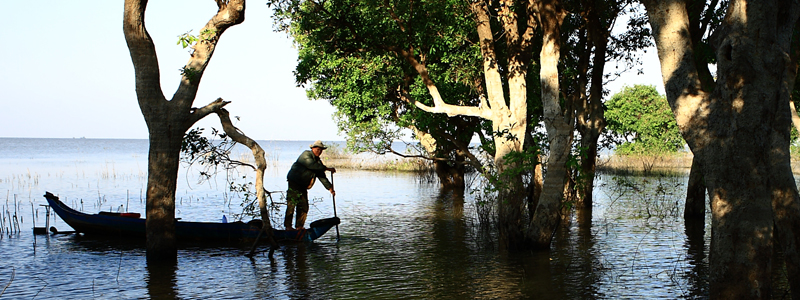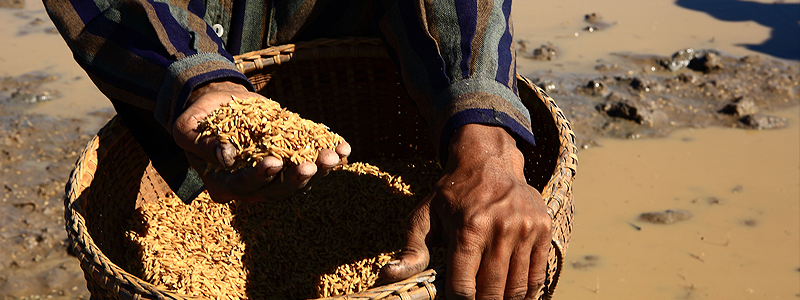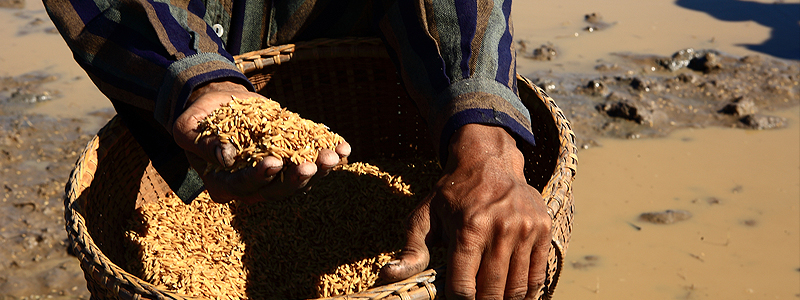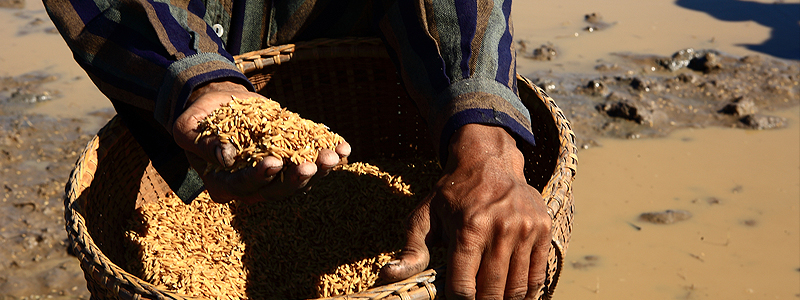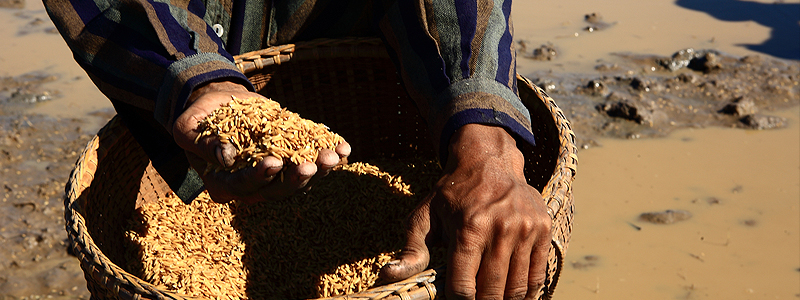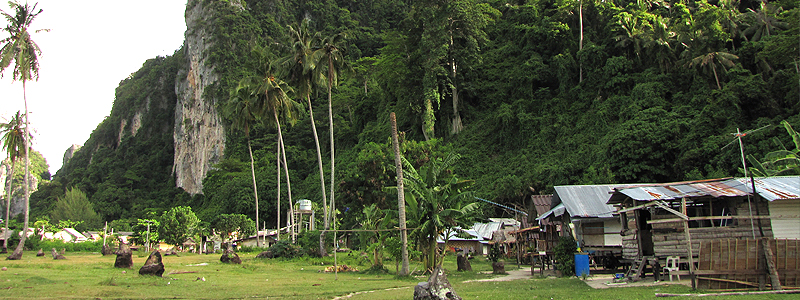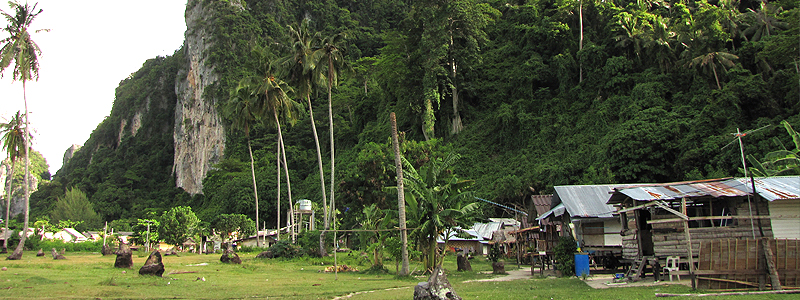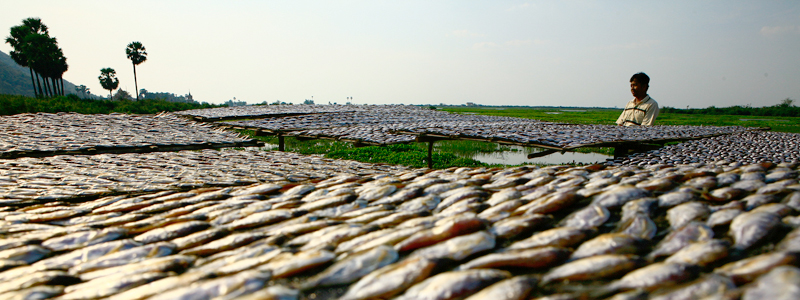Sumernet

Sumernet (the Sustainable Mekong Research Network) is a programme intended to build a long-term research network that informs and influences policy development on sustainable development issues in the Mekong region. Launched in 2005 with support from the Swedish government through the Royal Embassy of Sweden and the Swedish International Development Agency (Sida), Sumernet grew to include 14 member institutes in the first phase and has successfully catalyzed research on a number of critical development challenges in the Mekong region. The Goal of Sumernet is to achieve sustainable development in the Mekong region catalyzed by strengthening knowledge-based policy processes. Phase 2 will continue to contribute to this long-term goal of the region in its new phase of 3 years (2010-2012). To achieve this goal, Sumernet has a strategic role to play in enhancing:
- Knowledge-policy interface, especially the deployment of networks to produce policy impact.
- Regional ownership with expanded membership and engagement with other regional policy forums and networks.
- Delivery of credible research products on key sustainable development issues of the region.
- Enhancing policy impacts through communications and outreach.
- Stimulating independent discourse on the key sustainable development issues of the region to support policies for sustainability.
Sumernet Phase 2 will put knowledge-based policy engagement at the heart of its activities. Building on the research collaboration established in Phase 1, the network will constructively engage with policy processes to understand how researchers can provide policy-relevant knowledge that is available to and understood by policy makers in the region.
Supporting and sustaining high quality research is at the heart of Sumernet. From the wide vista of sustainable development challenges in the region, four research areas have been identified as the strategic research themes for Phase 2:
- Ecosystem services, resource use and impacts, including: (a) conservation of critical ecosystems, (b) environmental sustainability, (c) biodiversity corridors, and (d) economic corridor sustainability.
- Trans-boundary issues. The focus is on the analysis of long-term impacts of national economics including trade and natural resources use on the sustainability of the region, and on searching for sustainable paths for regional cooperation and development.
- Energy & climate change: energy security, climate change and linkages of the two with economic development. The research under this theme directly aims at this target to support the formulation or development of national strategies in this area.
- Poverty and livelihoods: This theme is linked with the other three themes described above and will be a thread that runs through all aspects of Sumernet research activities.

